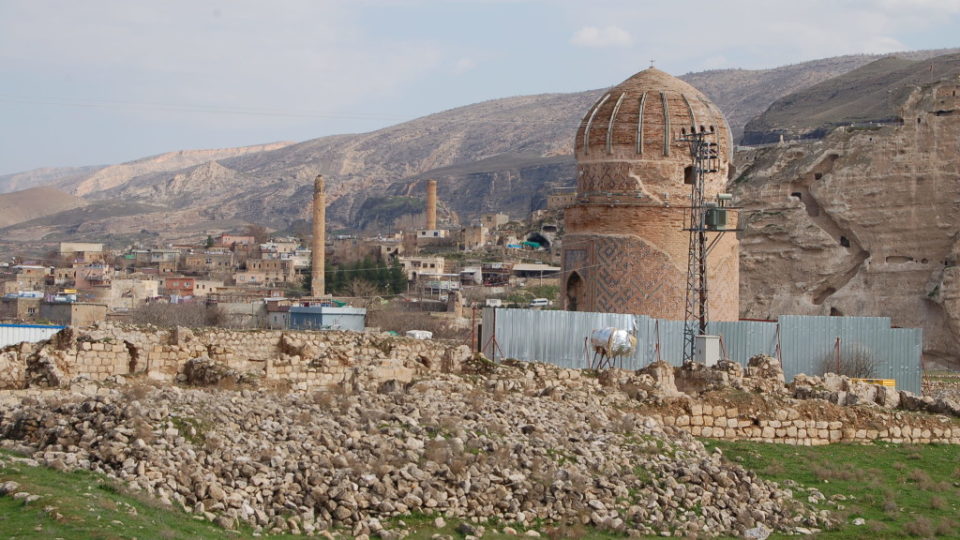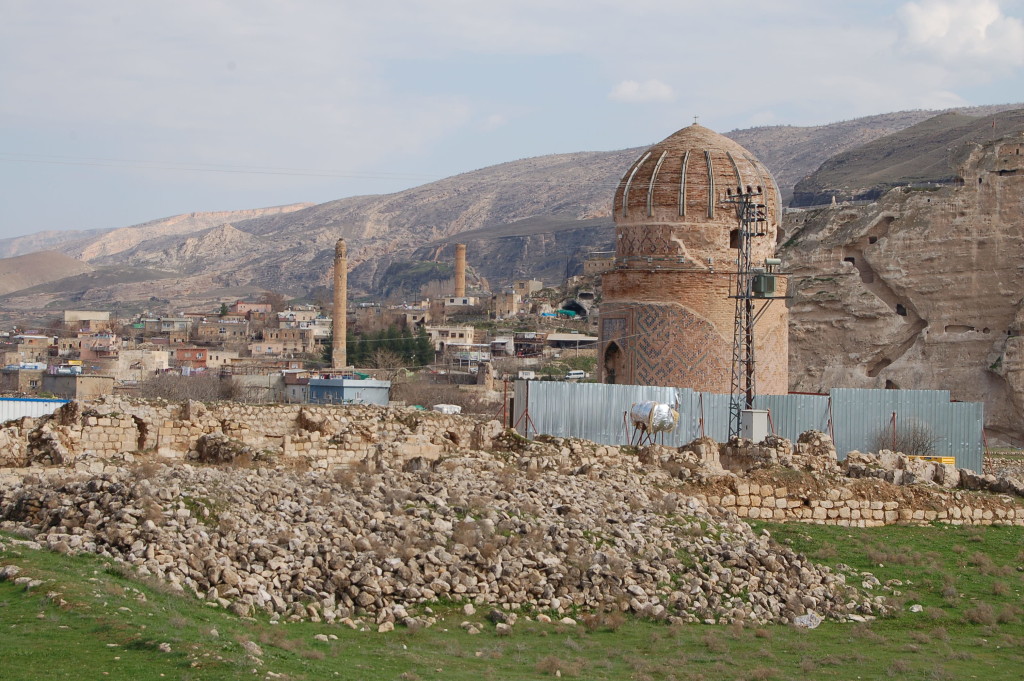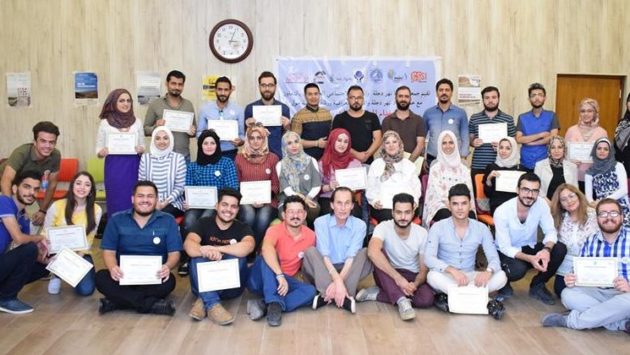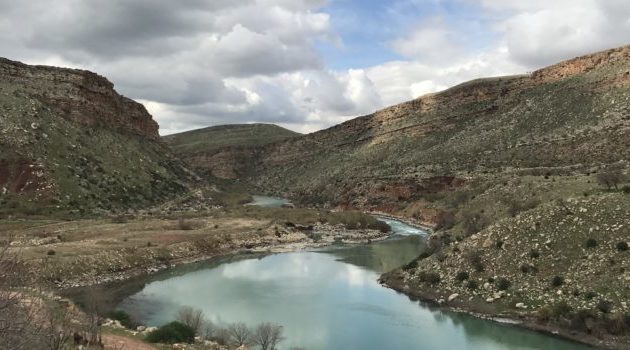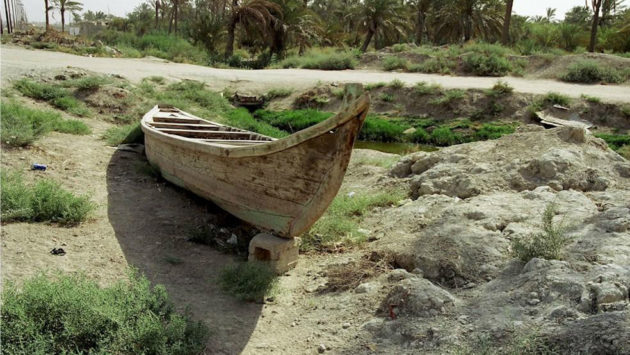Open Letter to Bresser Eurasia and Er-Bu İnşaat
+++ Initiative to Keep Hasankeyf Alive, Turkey +++ Mesopotamian Ecology Movement, Turkey +++ Hasankeyf Matters, Turkey +++ Save the Tigris and Iraqi Marshes Campaign, Iraq +++ Iraqi Civil Society Solidarity Initiative, Iraq +++ Humat Dijla, Iraq+++ Movement for the Protection of Aracthos River, Greece +++ Ecological collective of Irakleio, Greece +++ Friends of the Earth, Greece +++ Cultural Center of Kurdistan, Athens/Greece +++ Network for Social Ecology, Greece +++ FIVAS – Association of International Water Studies, Norway +++ Both ENDS, Netherlands +++ The Corner House, UK +++ Peace in Kurdistan Campaign, UK +++ Counter Current, Germany +++ Ekologistak Martxan, Basque Country +++ BBVAren aurkako Plataforma, Basque Country +++ Xarxa per una Nova Culutra del’Aigua, Catalonia +++ Ecologistas en Acción Spain +++ Un Ponte Per . . ., Italy +++ River Watch, Austria +++ International Rivers, USA +++
9 March 2017
Open letter to:
Mr. Taco Bresser
Bresser Eurasia BV.
Viltweg 1p, P.O. Box 5231
3295 ZJ ’s-Gravendeel
The Netherlands
info@bresser.nu
Mr. Ercan Tunç, Mr. Burhan Çetin
Er-Bu İnşaat
Yıldızevler Mah. 730. Sok. No:10/6
Çankaya, Ankara
Turkey
Fax: +90 312 441 82 06
info@erbuinsaat.com
Second Request to withdraw from the relocation of the Zeynel Bey Tomb
in Hasankeyf/Turkey
Dear Mr. Taco Bresser
Dear Mr. Ercan Tunç
Dear Mr. Burhan Çetin
We, the undersigned, representatives of organisations that collectively have been striving for nearly two decades to save the ancient city of Hasankeyf and the natural ecosystem of the Upper Tigris Basin, are writing to reiterate our previous requests, one of which was addressed to Er-Bu İnşaat and dated 31 October 2016, and another to Bresser Eurasia, dated 5 December 2016. We urge you, in the strongest possible terms, to:
1.Cease immediately all work related to the removal of the Zeynel Bey Tomb until the European Court of Human Rights (ECHR) issues a decision in the related case (Application number 6080/06), which disputes the viability of Turkey’s plan for the removal of select monuments, including the Zeynel Bey Tomb.
2. Provide to the public examples of previous work demonstrating the feasibility of the project to relocate the Zeynel Bey Tomb. Ideally, these examples should be similar to the current project in terms of historical significance, structural complexity and operational risk. Local people have raised questions about the criteria used in awarding the contracts for this project, particularly as Turkey’s State Hydraulic Works (DSİ) failed to attract proposals during three publicly announced bidding cycles in 2014 and 2015.
3. Provide to the public a detailed explanation of the operational risks you have identified for the relocation of the Zeynel Bey Tomb and the measures you are taking to mitigate these risks. There is a broadly held assumption among the public that this move poses significant risk of damage to or destruction of the monument. These concerns are reasonable, considering the monument’s extraordinary significance, its composite structure and fragile condition and the exceptionally long distance and incline of this relocation effort.
The failure of the DSİ to inform and consult the public in the planning and execution process for this project violates the right of the local population to participate in the cultural life of the community, as guaranteed by the Universal Declaration of Human Rights. Furthermore, your firms are carrying out this highly controversial and legally disputed project while Turkey is under a State of Emergency and the district of Hasankeyf has been declared a security zone, both of which severely restrict the freedom of the press and the right of citizens to protest.
Local sensitivities to this dynamic are informed by current hostilities between Turkey and Kurdish separatists, which are part of an armed conflict that has continued for more than three decades. Local memory is long in Upper Mesopotamia, and local people trace these patterns of central authority abuse of local autonomy as far back as the Ottoman conquest of Upper Mesopotamia in the early 16th century.
The tomb, an elegant synthesis of Turkic and Aryan elements, is of incomparable historic and artistic importance. Not only does it reflect today the pride and dignity that local people associate with their region’s unique identity, but it also stands as an example of and call to peaceful cross-cultural cooperation.
In its original location, the visual appeal of the Zeynel Bey Tomb depends largely on its careful placement so that it reflects the shapes and colours of the surrounding mountains. Furthermore, its spatial relationship with other monuments – in particular the bridge, the minarets of the lower city and the Citadel mount – lend depth and perspective to the medieval cityscape. What is more, the geometric lines linking these monuments, which represent Roman, Byzantine, Kurdish, Arab, Turkmen, Persian, Muslim, Christian and other traditions, create an engaging physical environment for exploring the urban history of Upper Mesopotamia.
The removal of the Zeynel Bey Tomb to a site where it will be dwarfed by modern buildings will destroy its majesty and diminish its significance. This will be a tragic loss and an unforgivable act of wanton cultural heritage destruction. Your work in Hasankeyf marks the beginning of the destruction of this 12.000-year-old city and the rich biological ecosystem of the entire Tigris River Basin. (Please note that the adverse impacts of the Ilısu Project threaten the viability of the Iraqi Marshlands, recently inscribed on the UNESCO World Heritage List.) Unfortunately, these acts of destruction targeting evidence of cultural difference have become all too common a feature of the hostile conflicts plaguing the world today, particularly in Western Asia and North Africa. Your firms’ involvement in this trend clearly contravenes international standards for corporate responsibility in the context of sustainable development.
Specifically, by supplying the technology and skills required to complete this critical first step in the removal of select examples of Hasankeyf’s cultural heritage, Bresser Eurasia and Er-Bu are contributing substantially to the adverse human rights impacts of the larger Ilısu Dam and Hydroelectric Power Plant (HEPP) Project, including but not limited to:
- Denying people the right to participate in the cultural life of the community
- Population displacement likely to result in increased poverty and emigration, both internal and external
- The loss of largely undocumented intangible heritage, e.g., oral histories, local knowledge of flora and fauna, etc.
- Loss of biodiversity
OECD Guidelines for Multinational Enterprises urge companies to take steps to prevent adverse human rights impacts arising from projects within the context of their supply chains. Your firms’ contributions to the Ilısu Project also fall short of the standards of corporate responsibility set forth by the Sustainability Unit of The Netherlands Commission for Environmental Assessment.
If left in its original location, the Zeynel Bey Tomb could help to make Hasankeyf and its surroundings one of the most compelling destinations for culture and adventure tourism in Anatolia. As demonstrated in Cultural Heritage Counts for Europe, a meta-study published by a consortium led by Europa Nostra, proper management of cultural heritage sites is a cost-effective way to achieve significant economic gains, including jobs for local people and tax revenue. If spared flooding, Hasankeyf could help Turkey broaden and diversify its tourism sector, which in recent years has accounted directly for 4 per cent of GDP and 20 per cent of the country’s exports.
We understand that your schedule is very busy and that this is short notice. However, given the urgency and gravity of this matter, we respectfully request an opportunity to discuss these demands with you within the next weeks, no later than 22 March.
Sincerely
Ercan Ayboğa, Initiative to Keep Hasankeyf Alive
Öner Öztürk, Batman Ecological Council
John Crofoot, Hasankeyf Matters
Toon Bijnens, Iraqi Civil Society Solidarity Initiative (ICSSI)
Ali Al-Kharki, Humat Dijla (Tigris Keepers)
Ismaeel Dawood, Un Ponte Per . . .
Ulrich Eichelmann, RiverWatch
Nicholas Hildyard, The Corner House
Jonas Holmqvist, FIVAS – Association of International Water Studies
Annelies Broekman, Catalan Network for a New Water Culture
Heike Drillisch, GegenStroemung – CounterCurrent
Estella Schmid, Peace in Kurdistan Campaign
Wiert Wiertsema, Both ENDS
(Pictures by Hasankeyf Matters)

